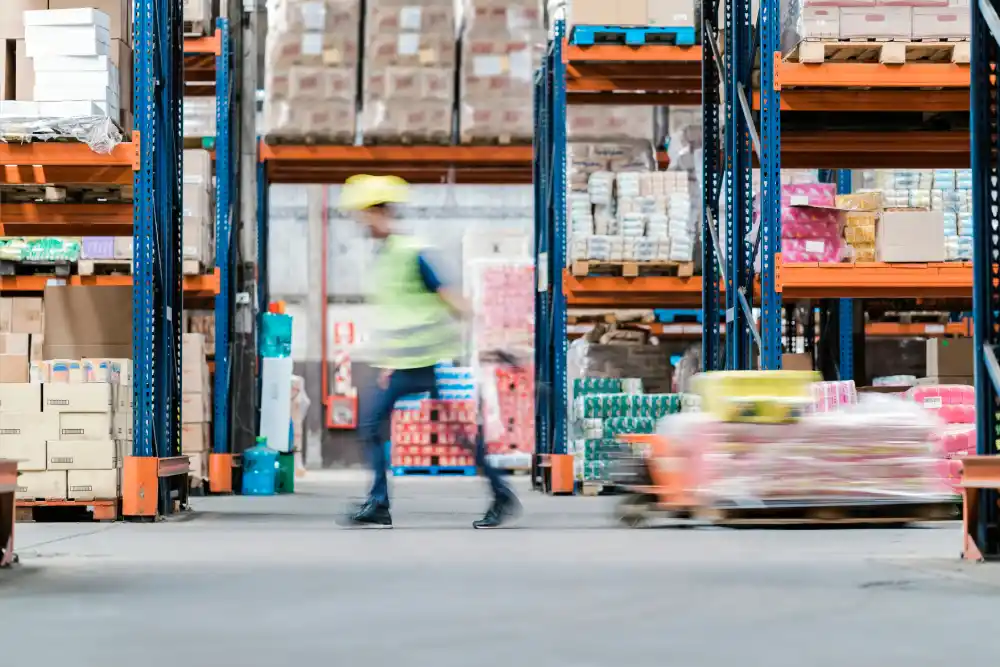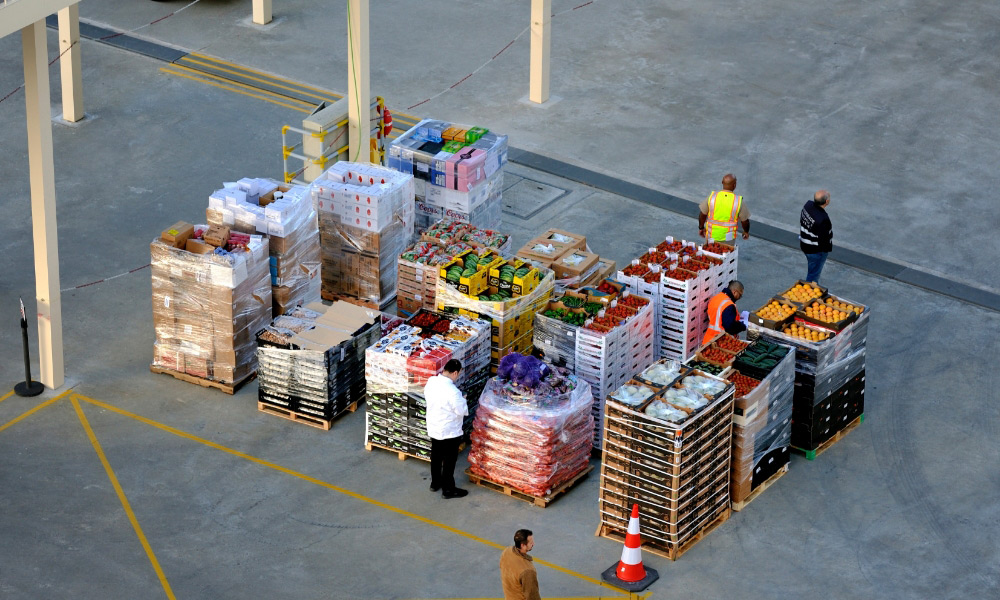By using our website, you agree to the use of cookies as described in our Cookie Policy
Why Food Brokers Are Essential to the Food Supply Chain

In the US alone, consumer spending on food grows about 4% each year. Food brokers play a vital role in this process. They focus on ensuring buyers get the best quality product for their needs at the lowest possible price.
Without food brokers, buyers would be left to their own devices in navigating the complexities of the food supply chain. Food brokers act as a go-between to connect buyers with sellers that match their needs.
They are responsible for finding, negotiating, and managing the relationship between both parties. Thus, ensuring the process is smooth and efficient. In this guide, we will discuss the role of food brokers in more detail.
We will look at some of the benefits they provide to businesses throughout the supply chain. Read on to discover everything else you need to know about food brokers and the role they play in the supply chain.
What Is A Food Broker?
A food broker is an independent sales agent that works between suppliers and retailers. They are responsible for negotiating contracts between the two parties. They also ensure that all orders are fulfilled on time and by agreed-upon terms.
Food brokers work to facilitate relationships between buyers and sellers. Thus, providing both parties with valuable insights into market trends. They also cover product availability, pricing information, competition levels, etc.
They also negotiate agreements between suppliers and retailers for the distribution of products. There are also promotional opportunities such as discounts or special offers.
In addition, they often provide support services throughout the supply chain process. Thus, helping to manage transportation logistics, guarantee quality control, and verify payment transactions.
Are There Different Types of Food Brokers?
Yes, there are several different types of food brokers. At the broadest level, they can be split into two main categories: direct and indirect.
Direct food brokers work directly with buyers and sellers without any intermediary parties. They are typically responsible for negotiating terms on behalf of both parties. They focus on guiding as to how to best market or distribute products in a mutually beneficial way.
Indirect food brokers, on the other hand, put their focus on finding retailers. They try to find those who could benefit from working with a particular supplier.
These brokers may also provide additional services. For instance, they are helping to manage inventory levels or develop branding strategies for new products.
Benefits Of Working With A Food Broker
Working with a food broker offers a number of advantages for businesses in the food supply chain. Here are just some of the main benefits that you can expect to see:
Food brokers have extensive networks. Thus, allowing them to connect buyers and sellers across multiple channels quickly. This is essential for longevity and success over time.
This means that suppliers and retailers can reach more customers. They can increase their sales opportunities throughout their entire business lineage.
As experienced professionals, food brokers have extensive knowledge of market trends. They also understand current customer demands and product availability.
They use this experience to negotiate better deals for their clients. Thus, ensuring that both parties get the best value from their transactions in the short and long term.
By negotiating contracts between parties, food brokers help reduce costs through the supply chain. This includes savings in transportation, packaging, and even customer services.
By working with a food broker, businesses can access reliable and trustworthy solutions for their supply chain needs. This means that customers are more likely to receive products on time, without any issues or delays.
How to Choose the Right Food Broker?
Choosing the right food broker is an important decision. They will be responsible for representing your business interests throughout the supply chain. Here are some tips to help you make the right choice:
When evaluating food brokers, look for someone who has extensive experience in the industry. They must have a good track record of successful deals.
Consider the broker's network and how it fits your goals and objectives. Look for someone who has relationships with potential customers that you want to target. They should have expertise in areas such as pricing or shipping.
Take the time to research the broker's reputation and customer reviews. This will help you ensure they're the right fit for your business.
Finally, ask the broker for references from previous clients. This will help you to get an idea of how they can work with your business and what kind of results they have achieved in the past.
Once you've chosen a few potential brokers, reach out to them and ask questions. This will allow you to learn more about their services before making a final decision.
By investing the time to find the right food broker for your business, you can ensure that your supply chain runs smoothly and efficiently.
Food Supply Chain Optimization Made Easy
Food brokers play an invaluable role in the food supply chain. They focus on connecting suppliers and retailers.
They do so while providing expert advice and negotiation services. This is to ensure that both parties get the best value from their transactions.
As well as increasing sales opportunities and saving money on operational costs, they also provide reliable solutions to ensure customer orders are fulfilled quickly and efficiently. All of these benefits make them essential to the smooth functioning of the food supply chain.
Get in touch with us if you'd like to get started with optimizing your supply chain.
‹ Back








